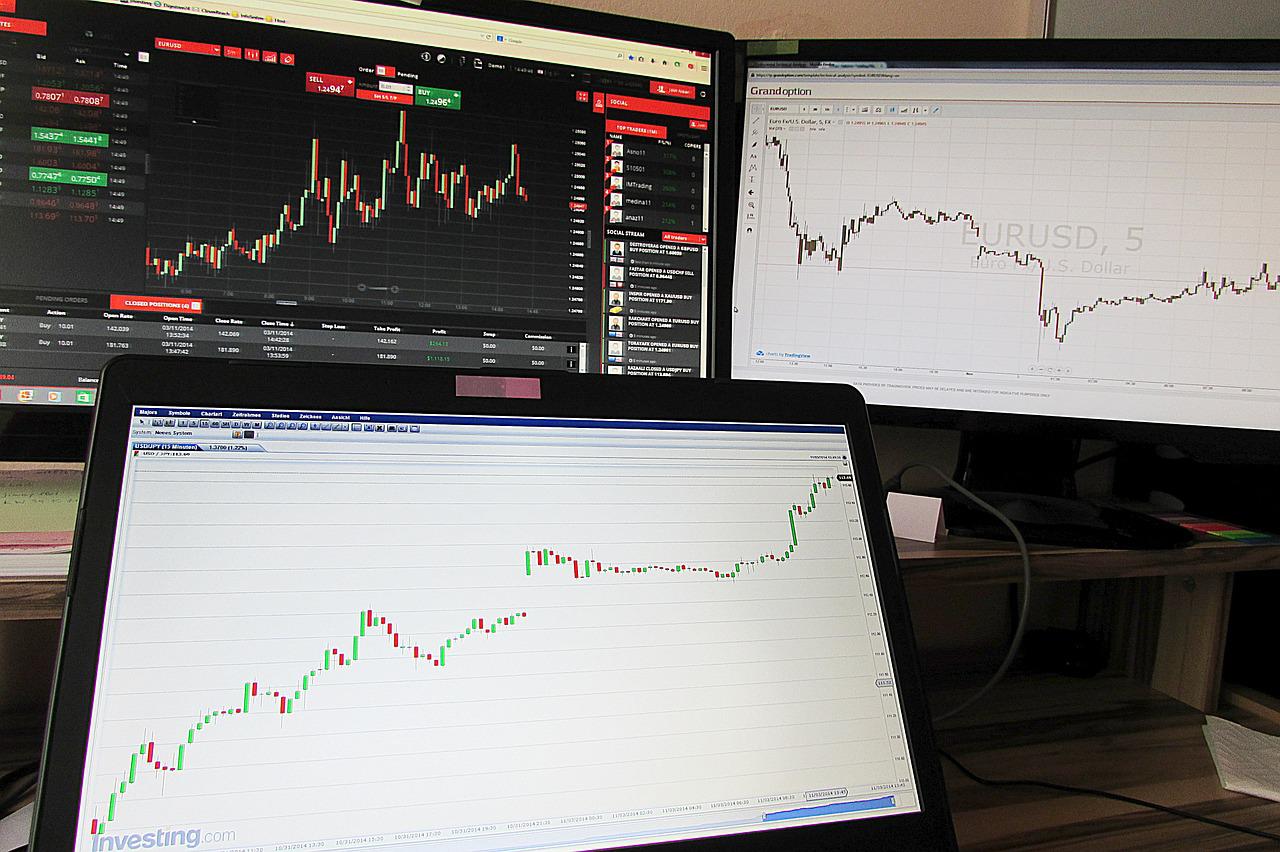Asia Markets Trading Higher Ahead Of Jackson Hole
On Thursday, Asia-Pacific markets were trading mostly higher ahead of the economic symposium in Jackson Hole in the United States.
A typhoon warning had seen trading in Hong Kong halted, but it resumed in afternoon trading.
Markets trading higher
There was a 3.63% gain recorded in the Hang Seng index in Hong Kong, as it reached 19,968.38, thanks to a boost in tech stocks.
There was an 8.75% jump in Alibaba, while a 4.84% gain was seen in Tencent, along with an 11% gain in JD.com. A 6.01% gain was recorded in the Hang Seng Tech index for the day.
As for mainland Chinese markets, there was a 0.97% gain in the Shanghai Composite to reach 3,246.25, while the Shenzhen Component ended the session at 12,104.03.
A 0.58% rise saw the Nikkei 225 index in Japan go to 28,479.01, while the Topix index advanced by 0.48% to reach 1,976.6.
The S&P/ASX 200 index in Australia also went up by 0.71% to reach 7,048.1. The Kospi index in South Korea gained 1.22% to reach 2,477.26.
As for the Kosdaq, it went up by 1.79% to reach 807.37, after the Bank of Korea increased its interest rate by 25 basis points.
US markets
There was a slight rise in US stock futures, as all three major indexes ended the day higher in their daily trading session.
This was because investors were waiting for more clarity about the fight of the US Federal Reserve against inflation.
There was a rise of 0.22% or 75 points in the Dow Jones Industrial Average. While a 0.35% and 0.36% gain was recorded in the Nasdaq 100 futures and S&P 500, respectively.
As far as currencies are concerned, there was an increase in the US dollar index that took it to 109.11 in overnight trading before it came down to 108.6.
Market analysts said that expectations of the Fed chairman remaining hawkish would keep the US dollar higher in the run-up to the speech.
China’s land markets
According to Fitch Ratings, land sales in China have not yet been able to make a sustainable recovery.
The rating agency said in a report that many developers are still giving priority to liquidity preservation and were not focusing on land replenishment.
This is in light of weak funding access and reduced sales. Market analysts said that the market sentiment in China was very weak.
Therefore, local government financial vehicles have been encouraged to buy land, mostly at zero premiums in order to reduce the decline in fiscal revenue and minimize action failure rates.
The report also indicated that such practices may not be sustainable because the companies have a limited capacity when it comes to property development.
The housing sector in China has suffered a lot of problems of late, with people also stopping mortgage payments because of unfished projects.
This has prompted the People’s Bank of China (PBoC) to cut its lending rates in order to give its property sector a boost.







